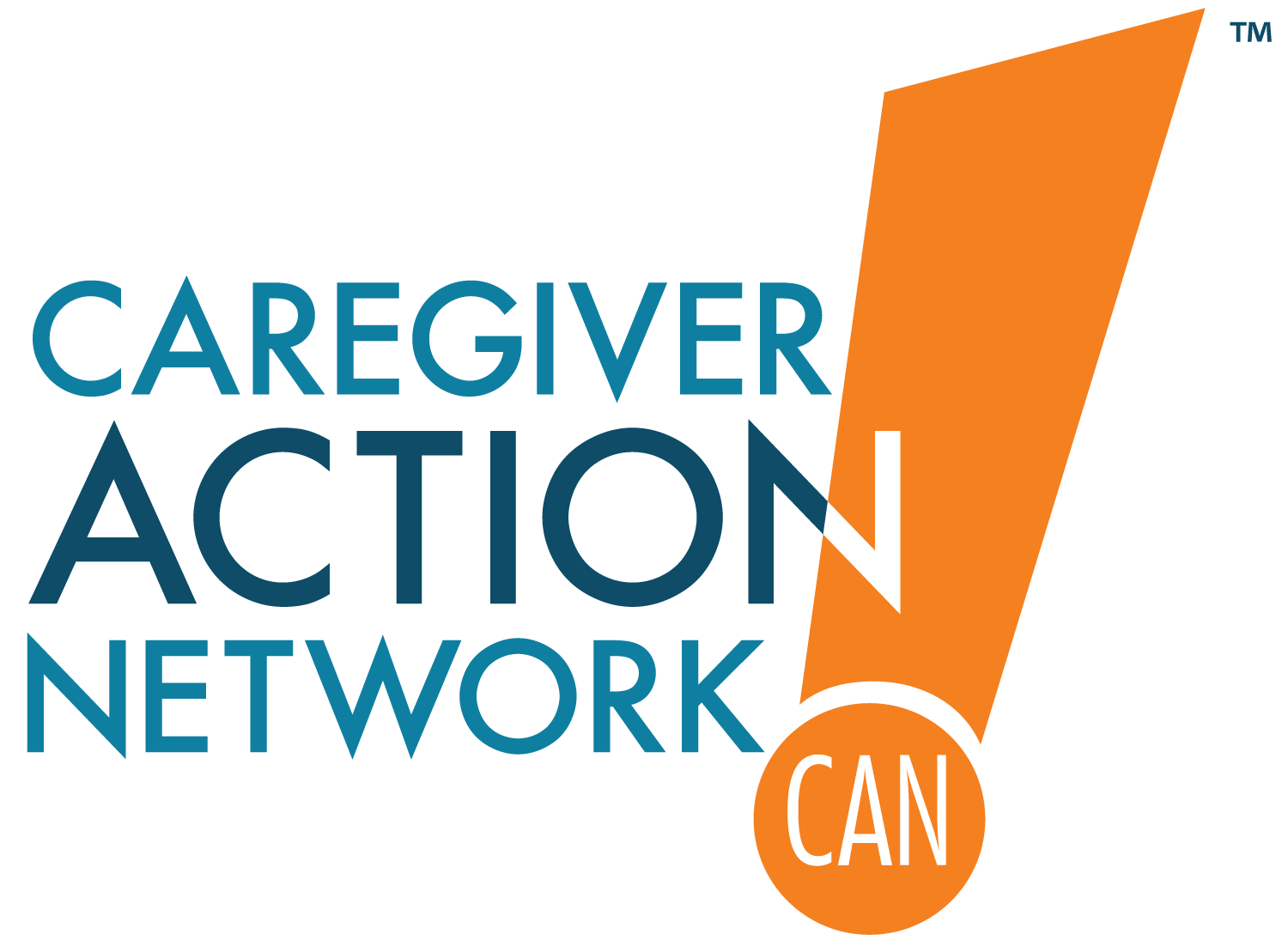Mental health stigma, particularly in communities of color, immigrant households, or faith-based spaces, can lead to shame and reluctance to seek help, even when symptoms are worsening. People with mental illness or substance use disorders—populations at higher risk for TD—may encounter provider bias or misattribution of symptoms and delays of appropriate care.
In many communities, stigma surrounding mental illness leads individuals to avoid seeking psychiatric care or discussing symptoms. The involuntary movements of the face, mouth, limbs, and trunk can draw unwanted attention. Some individuals may conceal or minimize these symptoms, fearing social rejection or judgment, even from healthcare providers.
Non-English speakers or individuals with limited health literacy may struggle to accurately describe the involuntary, often subtle, symptoms of TD. This can lead to miscommunication or dismissal of early signs.
Communities of color, especially Black and Indigenous populations, have a well-founded mistrust of the medical system due to histories of exploitation, experimentation, and discrimination.
"Unfortunately, we’ve faced some stigma from people, especially when we were going to the hospital to see my uncle. People would ask, “Why is he doing that”? It can be so frustrating and hurtful. Even at church, friends are there and will ask if he’s okay. Some comments are encouraging, such as “wow, you're doing well, you can do this, you can fight this”. Some will say “sorry” and make a face. Sometimes it's awful and frustrating. I try to encourage him not to feel depressed, not to feel bad, not to give up."
– Tricia B.
"Por desgracia, nos hemos enfrentado a cierto estigma por parte de la gente, especialmente cuando íbamos al hospital a ver a mi tío. La gente preguntaba: “¿Por qué hace eso?”. Puede ser muy frustrante e hiriente. Incluso en la iglesia hay amigos que preguntan si está bien. Algunos comentarios son alentadores, como: “Vaya, lo están haciendo bien, pueden hacerlo, pueden luchar contra esto”. Otros dicen: “Lo siento” y ponen mala cara. A veces es horrible y frustrante. Intento animarlo para que no se deprima, para que no se sienta mal, para que no se rinda."
"My aunt has been stigmatized her whole life. Growing up in a Black community with mental health issues, her peers and all the neighbors tended to avoid her. When the TD symptoms started, they thought it was probably some type of mental illness or something. They really didn't understand what she felt and were unable to provide her with the kind of help and support she needed. Her family decided to isolate, staying in their home and avoiding going out. My aunt now feels shy and unsure of herself. When she goes with her family to a function, people tend to treat her with something like mockery. “Why is your face twitching? Is it because of your mental health issues?” "
– Aaron T.
"Mi tía ha sido estigmatizada toda su vida. Al crecer en una comunidad negra con problemas de salud mental, sus compañeros y todos los vecinos tendían a evitarla. Cuando empezaron los síntomas de discinesia tardía, pensaron que probablemente se trataba de algún tipo de enfermedad mental o algo así. Realmente no entendían lo que sentía y eran incapaces de proporcionarle el tipo de ayuda y apoyo que necesitaba. Su familia decidió aislarla, se quedaron en casa y evitaron salir. Ahora mi tía se siente tímida e insegura de sí misma. Cuando va con su familia a un acto, la gente tiende burlarse. “¿Por qué te tiembla la cara? ¿Es por tus problemas de salud mental?”. "
Hear from Richard B. about the reaction from his family and its impact on his mom.
"El estigma al que me enfrento es la discriminación a causa de mi madre. Creo que esto ocurrió cuando estaba celebrando el cumpleaños de mi hermano en casa. Invité a algunos compañeros de la escuela. Cuando vieron a mi madre, que siempre estaba moviendo la boca, con la lengua fuera y parpadeando, recibí algunos comentarios raros. “¿Por qué tu mamá siempre está masticando?”. Intenté explicarles que a mi madre le habían diagnosticado discinesia tardía. Algunas personas lo entendieron, pero otras no."
Hear from Jessica S. about the reaction from guests.
"Lo que habría cambiado las cosas en mi caso es que hubiera más subvenciones, especialmente para los miembros de la comunidad negra, para la discinesia tardía. Creo que habría sido beneficioso porque la carga financiera recae sobre mí, y es un poco pesada."
Hear from Nicholas T. about the reaction from people at church.
"Cuando entro en la iglesia con mi abuelo, nos miran mucho por los movimientos que hace al caminar. Me siento incómodo. Todos en la iglesia lo saben, así que no sé por qué siguen comportándose así."
There might also be bias and minimization by providers. Clinicians may unconsciously dismiss or downplay symptoms reported by people of color, especially when symptoms are subtle or resemble other conditions. This contributes to delayed or missed diagnosis. Caregivers often act as emotional and cultural interpreters for their loved one—educating others while still processing their own complex emotions.
Hear from Insha H. on working through her own shame and learning to accept it.
"No hemos experimentado ningún comentario externo ni sentimiento de que estigmaticen a mi hijo por su situación y su condición. Sin embargo, debo admitir que tuve que trabajar en mi propio sentimiento de vergüenza con respecto a su situación. No estoy segura de si me esforzaba por protegerlo de los demás, pero creo que también era parte de protegerme a mí misma de que la gente lo mirase y le hiciese comentarios. Creo que para una relación tan cercana como la de un niño, es difícil porque, como progenitor, uno tiene que trabajar con su propio sentido de la vergüenza y su propio sentido de cómo estigmatizamos a los miembros de nuestra familia y luego crecer, procesar eso y luego tomar conciencia para ser más sensible, comprender más y luego aceptar."
